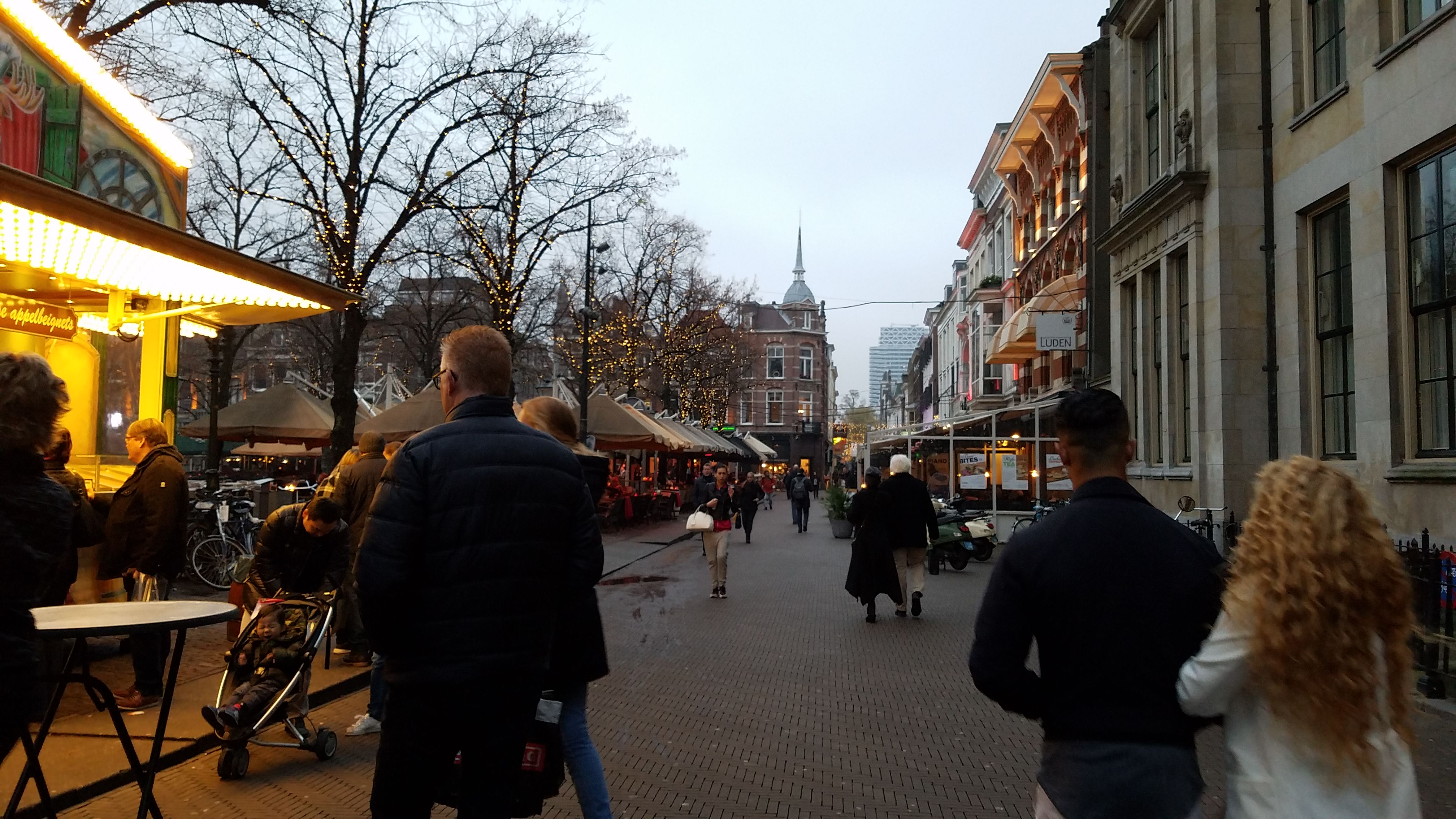
I had the extraordinary opportunity and privilege to participate in a US Department of Homeland Security (DHS) exchange program with The Netherlands (aka: Holland) government officials focused on dealing with immigration and radicalization.
DHS and US Embassy staff escorted a small group of us to visits with government and non-government organization representatives in The Hague, Arnhem, and Amsterdam. It was a very interesting week bringing a lot of new perspectives and thought-provoking conversations.
Both immigration and radicalization are very hot topics in Holland. While immigrants (foreign-born) are about 11% of the Holland population, 20% if you count second-generation (Dutch-born children), the population of Muslims in Holland is only 6%.
To put that in perspective:
- Holland has a total population of 16.8 million, of which 6% are Muslim.
- The United States has a total population of 318.9 million, of which approximately 1% are Muslim. The Pew Research Center estimates the US Muslim population will increase to 2% by the year 2050.
- Michigan has a total population of 9.91 million, of which 1.8% are Muslim.
- California has a total population of 38.8 million, of which 3.4% are Muslim.
- Arizona has a total population of 6.731 million, of which less than 1% are Muslim.
Muslim radicals get the headlines but that is not the only problem Holland is dealing with. Motorcycle gangs, street gangs, drug gangs, right-wing extremist groups, neo-Nazi groups, neo-nationalist groups, separatist groups, and other extremist groups are also active and on the government’s radar.
Not to say the threat from those groups are a higher percentage of radical or extremist activity than the Muslim threat, just that Holland sees the big picture and is trying to focus on all the problems at the same time – realizing any group could equally get out of control if ignored.
The Dutch introduced me to some enlightening techniques for fighting extremism as a society.
- Freedom of speech is extremely important to the Dutch, but “deliberately giv[ing] public expression to views insulting to a group of persons on account of their race, religion, or conviction or sexual preference” can be criminally prosecuted [Dutch criminal code section 137(c)]. In other words, the Dutch definition of criminal ‘hate speech’ is a much lower threshold than the US definition.
- Freedom of assembly and association is extremely important to the Dutch, making it difficult to outlaw extremist groups in general, but the Dutch have an interesting infiltration and informant system that allows them to identify new ‘recruits’ in order to attempt ‘redirection.’ In other words, the Dutch believe they can redirect people drawn to these groups if they identify them early.
- The Dutch see preventing extremism as a holistic social function, not just a law enforcement one. In addition to law enforcement programs, resources are allocated to several government and non-government programs to alleviate hardships (family, economic, drugs, lack of education) that might make individuals more vulnerable to extremist interpretations as well as ‘arranging’ for ‘mentors’ or ‘friends’ to interact with those identified as susceptible. [These programs are also used for potential gang members and juvenile delinquency.]
- The Dutch have a ‘family left behind’ program. When a person enters the extremist world and acts on it (traveling to join terrorist groups, attempting or completing a terrorist act, etc), the Dutch allocate social service resources to help deal with the shock and backlash of being the family member of an identified (wanted or criminally charged) extremist.
- The Dutch have a dwindling prison population. Dutch sentencing is way shorter than US sentencing. A four to six-year sentence is considered a very tough sentence. The major focus for the Dutch is the prevention of criminal behavior (redirection), alternative sentencing (probation, community service, etc.), and re-education programs during incarceration (life skills, job skills, social skills, education, and extremism reversal techniques). As a result, general criminal recidivism rates are low and several convicted extremists (and even family-left-behind members) are now working with government and non-government agencies to fight both extremism and extremist recruitment.
I found a few Dutch perspectives contradictory from a US perspective. The balance between freedom and security is very different than how we interpret the concepts, but there were some great nuggets in there. I liked that the Dutch see fighting terrorism as a social problem rather than an Islam or Muslim problem. I liked the idea of re-directing people before they become criminals as opposed to hoping or helping a radical cross the criminal line so they can be prosecuted.
But my absolute favorite part of the Holland techniques was the family left behind programs. Imagine finding out your family member was a criminal, but not just any criminal, a potential terrorist. In the US, the family would be bombarded by law enforcement interrogations and a media frenzy while trying to deal with the equivalent of the loss of a family member. The confusion and anxiety would be extreme in itself. That the Dutch have considered this aspect, in addition to attempting to prevent and reprogram extremists, shows a true commitment to a holistic approach in dealing with terrorism.
Representatives from Holland will be visiting Arizona in early 2017 as part of the same exchange program to see how we deal with immigration and extremism. I am looking forward to their feedback and perspectives once they experience our systems.